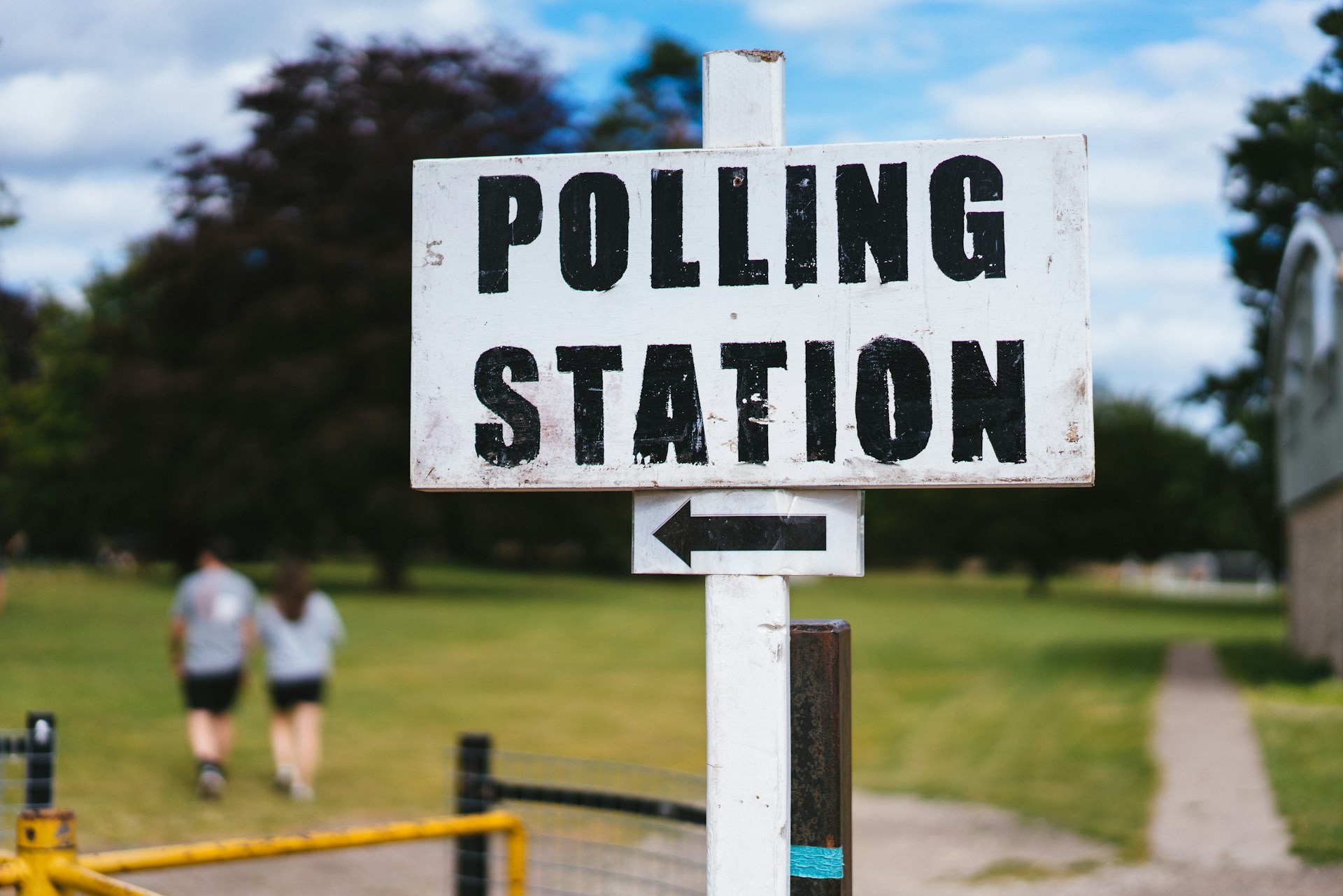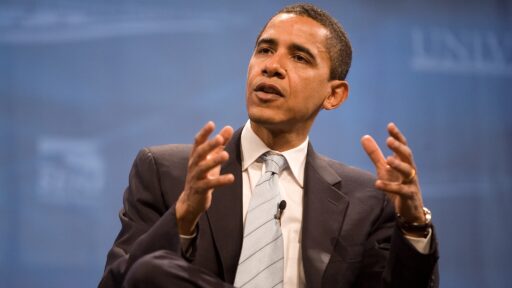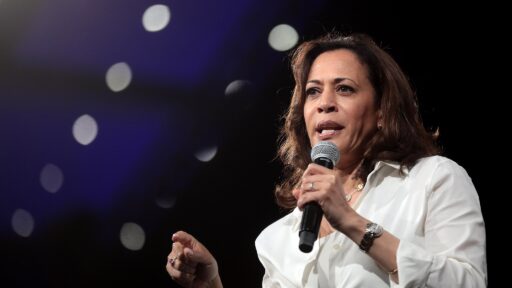Kamala Unable To Handle Foreign Conflicts
Vice President Kamala Harris finds herself navigating a complex situation in the Middle East as she attempts to balance strong support for Israel with the demands of progressive factions and Arab American voters. This challenge has intensified as the conflict escalates, especially following Israel’s military actions in Lebanon against Hezbollah, an Iranian-backed militant group.
Harris’s handling of these issues comes under increasing scrutiny as she campaigns for the presidency. With a tight race on the horizon, questions arise about the Biden administration’s approach to the crisis. The situation is precarious, with Israel considering military responses that could involve strikes on Iranian nuclear facilities, raising fears of a larger conflict.
In a recent interview with “60 Minutes,” Harris faced criticism for her vague responses regarding the U.S.’s influence over Israeli Prime Minister Benjamin Netanyahu. She emphasized a commitment to diplomatic relations but avoided directly addressing whether the U.S. has lost leverage. This ambiguity highlights her struggle to address the concerns of a divided Democratic Party while also reaffirming a strong alliance with Israel.
Moreover, Harris’s refusal to propose stricter measures against Israel, despite rising discontent among progressive voters regarding its actions in Gaza and Lebanon, has left her vulnerable. Protests have emerged at her campaign events, indicating that her current strategy may not resonate with crucial voter demographics.
Political analysts suggest that Harris would gain from delineating her position more clearly from President Biden’s stance on Israel. This would require significant political courage, as she tries to appease a fractured party that is increasingly critical of Israel’s military strategies.
Critics argue that her recent statements on aid to Lebanon trivialize the escalating violence, and there are concerns within the pro-Israel community regarding her potential leniency towards Palestinian issues. As the election approaches, she risks alienating both progressive voters and traditional supporters of Israel if she fails to clarify her stance.
Despite her attempts to engage with Muslim and Arab American communities, the ongoing violence complicates her outreach efforts. As tensions rise and U.S. calls for de-escalation go unheeded, Harris’s position remains precarious. With a significant Arab-American population in swing states like Michigan, she needs to strike a delicate balance to maintain their support while also affirming a strong pro-Israel position that aligns with many Republican voters.
In a polarized political landscape, her challenge will be to effectively communicate a vision that prioritizes American interests while addressing the complexities of international relationships, a strategy that could resonate more effectively with voters concerned about national security and global stability.







